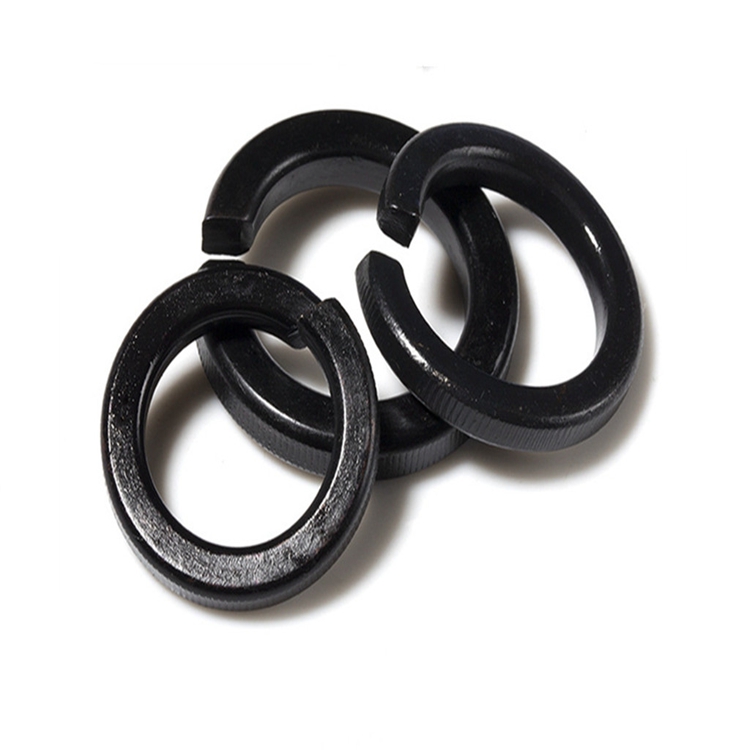OEM DIN 6923 Flange Nuts for Enhanced Bolting Solutions and Reliability
дек. . 16, 2024 14:21 Back to list
OEM DIN 6923 Flange Nuts for Enhanced Bolting Solutions and Reliability
Understanding OEM DIN 6923 Flange Nuts An Essential Component in Modern Engineering
In the realm of mechanical engineering, fastening components play a crucial role in ensuring the durability and reliability of assembled parts. Among these components, OEM DIN 6923 flange nuts occupy a significant place. They are designed to provide a secure and stable connection in various applications, making them a preferred choice for engineers and manufacturers alike.
What is a Flange Nut?
A flange nut is a type of nut that features a larger bearing surface than standard nuts. This flange allows for a greater distribution of load across the surface, reducing the risk of damage to the materials being fastened. When it comes to the DIN 6923 specifications, these flange nuts are designed to meet international standards, ensuring uniformity and quality across various manufacturing processes.
Key Features of OEM DIN 6923 Flange Nuts
1. Enhanced Load Distribution The primary advantage of using a flange nut is its ability to distribute load more evenly than conventional nuts. This minimizes the risk of crushing or deforming softer materials.
2. Built-In Washer Functionality The design of a flange nut inherently provides a washer-like surface. This feature eliminates the need for additional washers in many applications, simplifying the assembly process.
3. Variety of Materials OEM DIN 6923 flange nuts are available in a range of materials, including carbon steel, stainless steel, and even brass. This versatility allows engineers to select the appropriate nut based on environmental conditions, stress loads, and corrosion resistance requirements.
oem din6923 flange nuts

Applications of OEM DIN 6923 Flange Nuts
The application of OEM DIN 6923 flange nuts spans a variety of sectors. Commonly found in automotive, aerospace, and heavy machinery industries, these nuts play an integral role in the structural integrity of vehicles and equipment. They are particularly useful in situations where vibration or movement can lead to loosening of fasteners.
In the automotive industry, for instance, flange nuts are employed in assembling engine components, chassis, and suspension systems. Their ability to maintain a tight fit under dynamic conditions is paramount for the safety and performance of vehicles. Similarly, in aerospace engineering, where precision and reliability are critical, the use of these flange nuts ensures that all parts function optimally during operation.
Choosing the Right Flange Nut
When selecting OEM DIN 6923 flange nuts for a specific application, several factors must be considered
- Size and Thread Pitch It's essential to match the nut's size and thread pitch with the corresponding bolt or screw to ensure a proper fit. - Material Properties Depending on the application environment, selecting the right material is fundamental. For instance, stainless steel flange nuts may be more suitable for corrosive environments. - Coating and Finishing Some flange nuts come with protective coatings to enhance their resistance to corrosion and wear, which can be beneficial for long-term applications.
Conclusion
OEM DIN 6923 flange nuts represent a reliable solution for fastening needs across various industries. Their unique design allows for enhanced load distribution and simplified assembly, making them a preferred choice for engineers looking to optimize their designs. By understanding their features, applications, and selection criteria, manufacturers can ensure the integrity and longevity of their products. As industries continue to evolve, the demand for high-quality fastening solutions like flange nuts will undoubtedly grow, underscoring their importance in modern engineering practices.
Latest news
-
Premium Cabinet Bolts Supplier | Wholesale & Custom Solutions
NewsAug.24,2025
-
Reliable Axle Nuts Supplier | Quality & Precision Fasteners
NewsAug.23,2025
-
Durable Bolts for Lawn Mower Handle - Top Supplier & Manufacturer
NewsAug.22,2025
-
High-Quality Bolts for Lawn Mower Handle Supplier & Manufacturer
NewsAug.21,2025
-
Reliable Axle Nuts Supplier | High-Quality Automotive Parts
NewsAug.19,2025
-
Premium Wire Bolts Suppliers | Durable & Reliable Fasteners
NewsAug.18,2025
